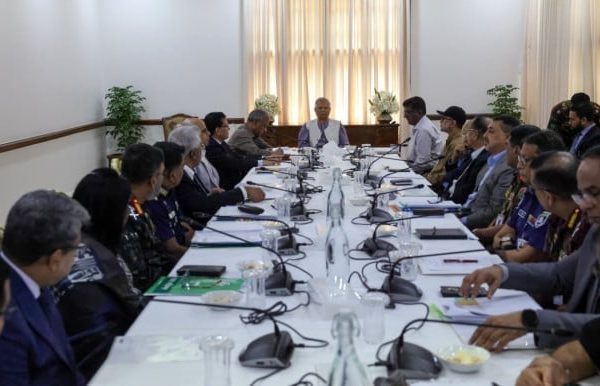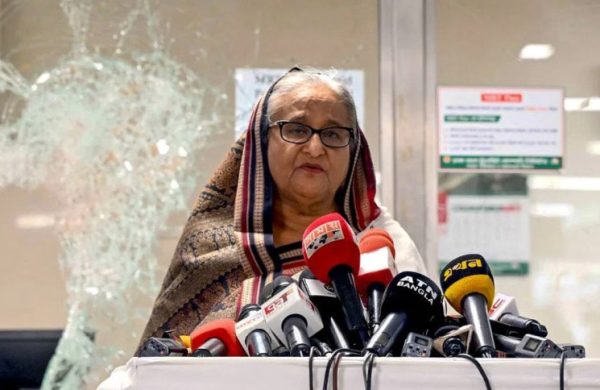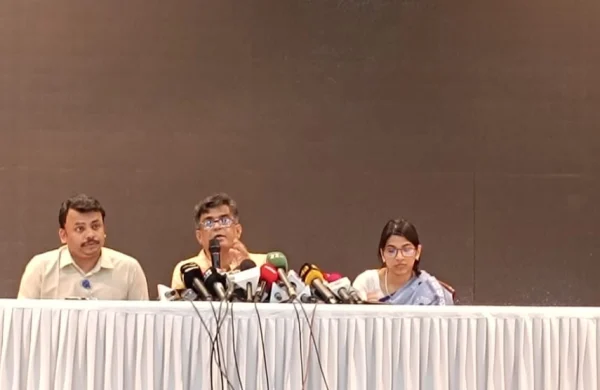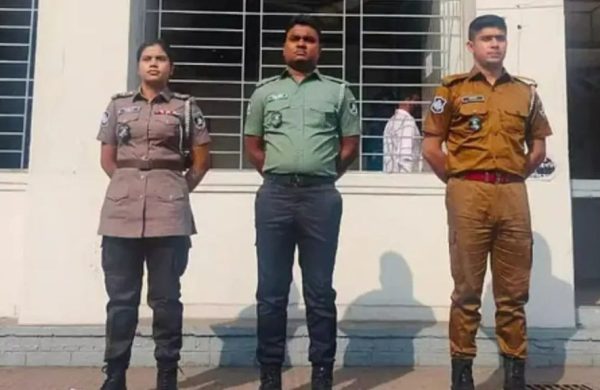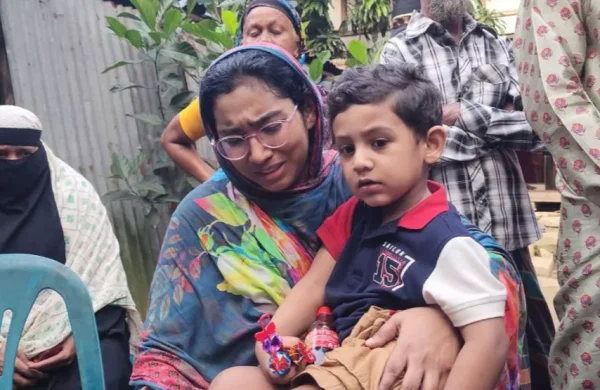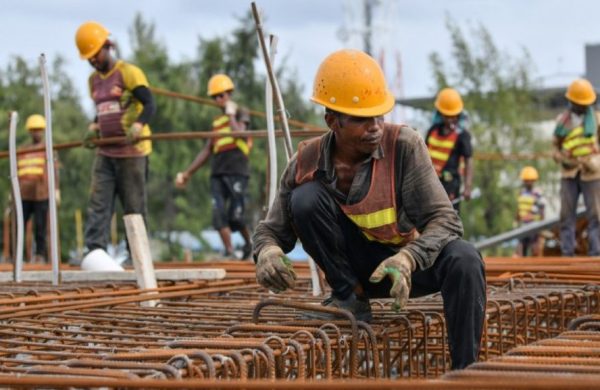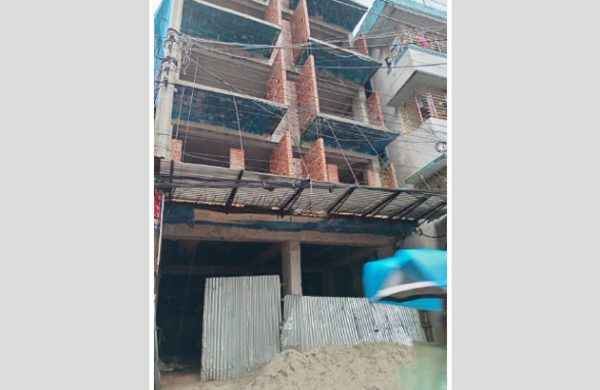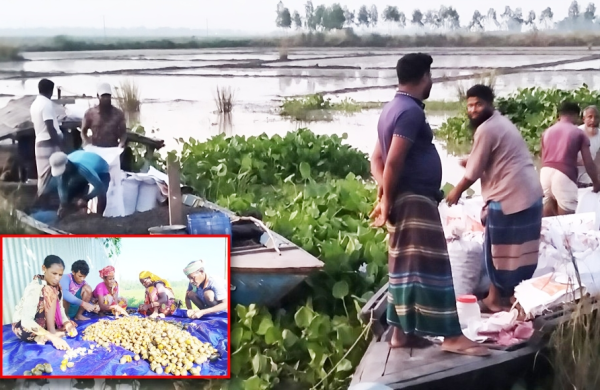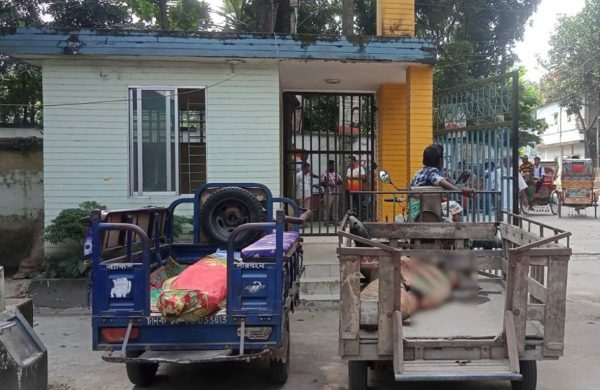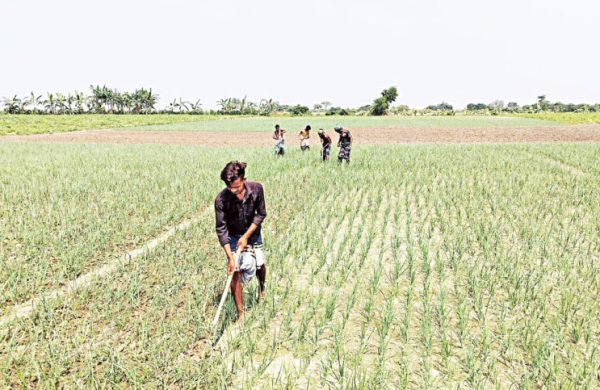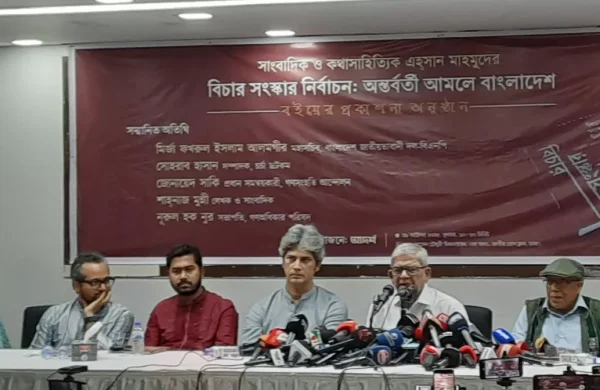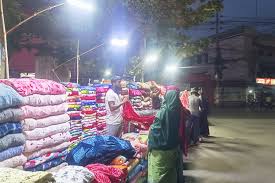Concerns grow over ‘administrative preparations’ ahead of election
- Update Time : Wednesday, October 29, 2025
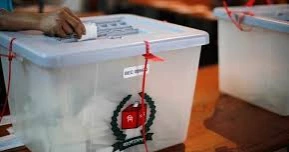
Staff Correspondent:
With Bangladesh’s 13th parliamentary election expected in the first half of February 2026, election experts are increasingly voicing concern over the administrative preparations to conduct a credible national vote.
As the countdown to the polls continues, questions are mounting about the government’s logistical planning, transparency and capacity to ensure an election that is free, fair and acceptable both domestically and internationally.
Former Secretary AKM Abdul Awal Majumder, Public Administration Expert Mohammad Firoz Mia and newly appointed Senior Secretary of the Ministry of Public Administration Ehsanul Haque talked journalists on the issue.
The interim government has reaffirmed its determination to hold the election within the stipulated timeframe, ‘under any circumstance’, but analysts warn that the credibility of the process will hinge on the effectiveness and neutrality of the civil administration, they said.
Although the Election Commission (EC) is formally tasked with organising the polls, its success at the field level will largely depend on the efficiency, morale and impartiality of the bureaucracy. This has given rise to a pressing question: is the current administrative machinery adequately prepared to deliver a free and fair election?
Over the past 15 months, the civil administration has been struggling to regain its footing. Frequent transfers, promotions, and contractual appointments have reportedly created confusion and a crisis of confidence among officials. Many within the bureaucracy are said to be apprehensive about potential repercussions if they act with full impartiality.
Public administration experts, however, maintain that the situation can still be salvaged, provided there is sincerity and political goodwill. They emphasise the urgent need to appoint qualified, courageous and neutral officials to key field positions, particularly District Commissioners (DCs) and Upazila Nirbahi Officers (UNOs).
Strengthening the morale of law enforcement agencies and ensuring their impartial conduct are also viewed as critical to restoring public confidence in the electoral process.
According to experts, despite a demoralised and divided bureaucracy, a credible election remains possible if the government takes decisive corrective measures and empowers competent officials at the field level.
Former Secretary AKM Abdul Awal Majumder told UNB that despite the weaknesses within the bureaucracy, “good elections are possible if bold steps are taken.”
He pointed, “The people had confidence in the caretaker governments during the 1991, 1996 and 2001 elections, but the current government does not have that credibility. Fair elections will depend largely on the field administration — their competence, impartiality and strength of conviction.”
“If the government genuinely conveys a message of neutrality and allows field officials to work independently, then good elections are still achievable,” he added.
Public administration expert Mohammad Firoz Mia echoed similar sentiments, saying that the current bureaucracy lacks the capacity to conduct elections comparable to those of 2008.
“It is crucial to restore morale. Fair elections will not be possible unless officials are freed from fear.”
He cautioned that administrative efficiency alone would not suffice if political actors remain uncooperative. “Curbing election brokers and political interference at the field level remains a major challenge.”
Political parties, including the BNP, NCP, and Jamaat-e-Islami, have all expressed scepticism about the neutrality of the administration.
BNP has alleged that officials loyal to Jamaat are being placed in influential positions, while Jamaat claims that 70–80 per cent of bureaucrats are under the sway of a particular political party.
BNP leader Abdul Moyeen Khan pointed out that about 10 lakh personnel are required to operate some 42,000 polling stations nationwide. “This enormous operation depends entirely on the government administration. The real question is — will they act impartially or not?” he said.
The government insists that it remains firmly committed to holding a free and impartial election.
Chief Adviser Dr Muhammad Yunus has announced that all administrative transfers and postings ahead of the polls will be made under his direct supervision. “Deputy Commissioners will be appointed after careful selection of qualified officials.”
Meanwhile, Ehsanul Haque, the newly appointed Senior Secretary of the Ministry of Public Administration, told journalist, “Our directive is clear …this will be a fair election.”
Haque said he is personally taking responsibility to ensure the field administration performs its duties with complete impartiality.


